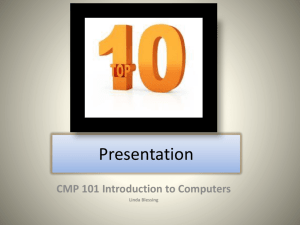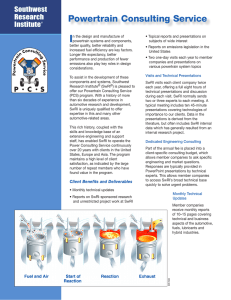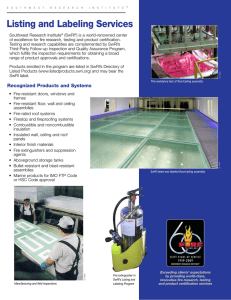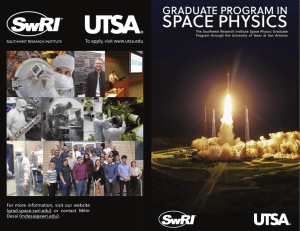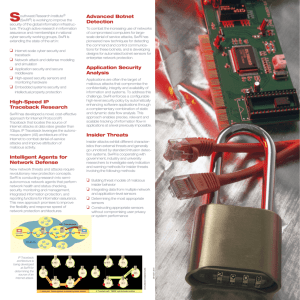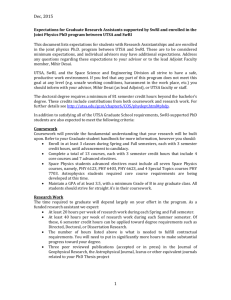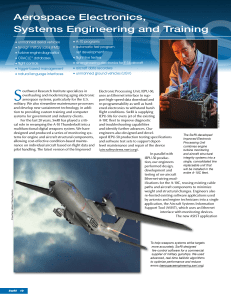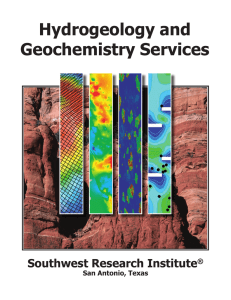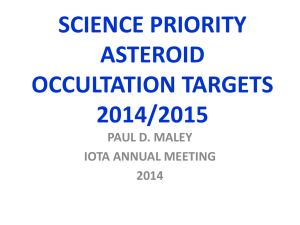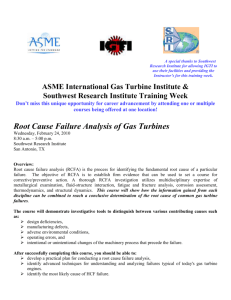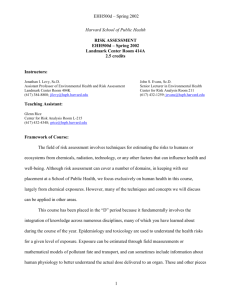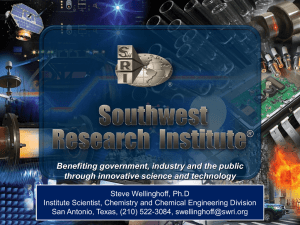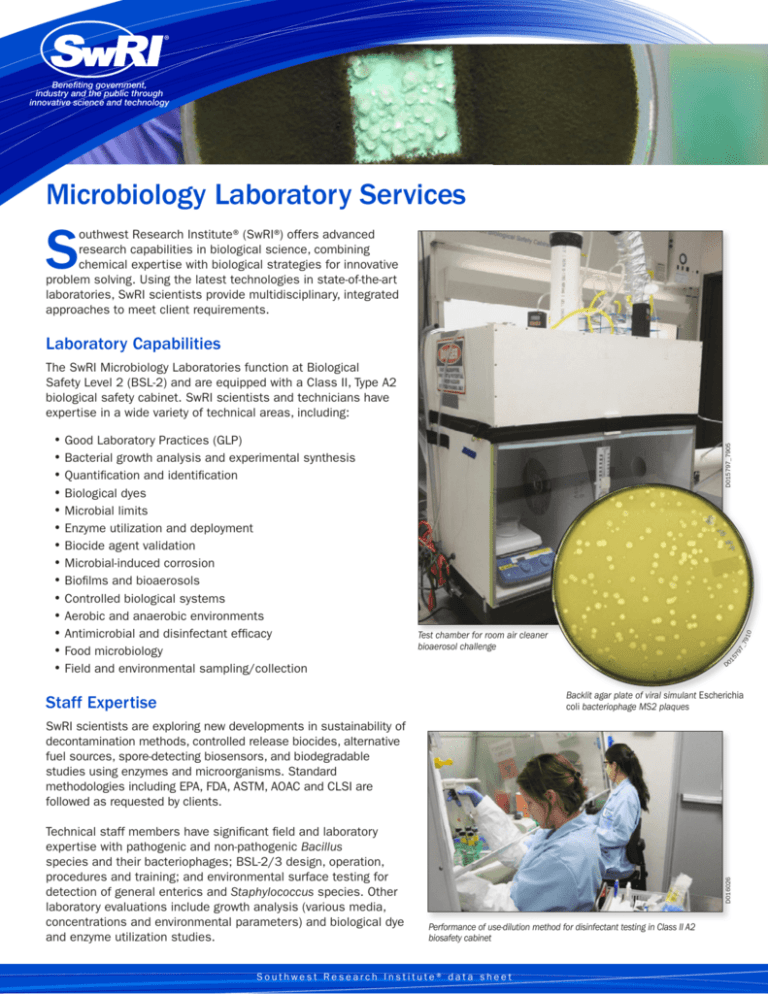
Benefiting government,
industry and the public through
innovative science and technology
Microbiology Laboratory Services
S
outhwest Research Institute® (SwRI®) offers advanced
research capabilities in biological science, combining
chemical expertise with biological strategies for innovative
problem solving. Using the latest technologies in state-of-the-art
laboratories, SwRI scientists provide multidisciplinary, integrated
approaches to meet client requirements.
Laboratory Capabilities
Test chamber for room air cleaner
bioaerosol challenge
57
97
_7
910
• Good Laboratory Practices (GLP)
• Bacterial growth analysis and experimental synthesis
• Quantification and identification
• Biological dyes
• Microbial limits
• Enzyme utilization and deployment
• Biocide agent validation
• Microbial-induced corrosion
• Biofilms and bioaerosols
• Controlled biological systems
• Aerobic and anaerobic environments
• Antimicrobial and disinfectant efficacy
• Food microbiology
• Field and environmental sampling/collection
D015797_7905
The SwRI Microbiology Laboratories function at Biological
Safety Level 2 (BSL-2) and are equipped with a Class II, Type A2
biological safety cabinet. SwRI scientists and technicians have
expertise in a wide variety of technical areas, including:
1
D0
Backlit agar plate of viral simulant Escherichia
coli bacteriophage MS2 plaques
Staff Expertise
Technical staff members have significant field and laboratory
expertise with pathogenic and non-pathogenic Bacillus
species and their bacteriophages; BSL-2/3 design, operation,
procedures and training; and environmental surface testing for
detection of general enterics and Staphylococcus species. Other
laboratory evaluations include growth analysis (various media,
concentrations and environmental parameters) and biological dye
and enzyme utilization studies.
D016026
SwRI scientists are exploring new developments in sustainability of
decontamination methods, controlled release biocides, alternative
fuel sources, spore-detecting biosensors, and biodegradable
studies using enzymes and microorganisms. Standard
methodologies including EPA, FDA, ASTM, AOAC and CLSI are
followed as requested by clients.
Performance of use-dilution method for disinfectant testing in Class II A2
biosafety cabinet
Southwest Research Institute® data sheet
S. aureus
#6538
TSA
2/16/12
D00528
Isolation plate of Staphylococcus
aureus used as a standard organism for
evaluating disinfectant efficacy
D016028
D0 0543
A. niger
#6275
PDA
4/16/12
Inset: Performance of AOAC Official Method 955.15, Testing Disinfectants against
Staphylococcus aureus using stainless steel cylinders. Note the clear (negative) test tube to
the left of the rack, while most of the rest exhibit a turbid (positive) growth response, indicating
resistance to the tested disinfectant.
Checking purity and sporulation of Aspergillus niger grown for 72 hours
at 25°C using a three-phase streak method on potato dextrose agar
We welcome your inquiries.
For additional information, please contact:
Spring Cabiness
Research Scientist
(210) 522-6229
scabiness@swri.org
Amy De Los Santos
Research Scientist
(210) 522-2099
amy.delossantos@swri.org
Southwest Research Institute
6220 Culebra Road • PO Drawer 28510
San Antonio, Texas 78228-0510
swri.org
Southwest Research Institute is an independent, nonprofit, applied engineering and physical sciences research and development organization using
multidisciplinary approaches to problem solving. The Institute occupies 1,200 acres in San Antonio, Texas, and provides more than 2 million square feet of
laboratories, test facilities, workshops, and offices for nearly 3,000 employees who perform contract work for industry and government clients.
Find us on
SwRI Business Development San Antonio, Texas (210) 522-2122 bd@swri.org
© 2014 Southwest Research Institute. All rights reserved.
An Equal Opportunity/Affirmative Action Employer Minority/Female/Disabled/Veteran Committed to Diversity in the Workplace
Designed & printed by SwRI MPS
14 0514------249142/3 tp

